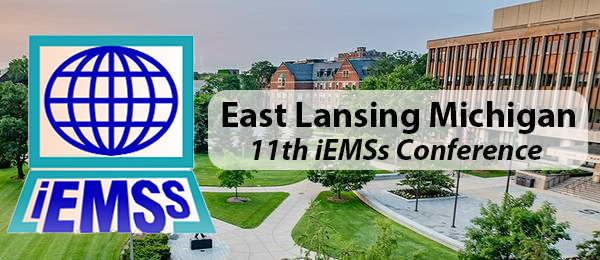Keywords
Kfw Development Bank; Impact Assessment; Water Pricing; Water Demand; Water Master Plan
Start Date
7-7-2022 8:40 AM
End Date
7-7-2022 9:00 AM
Abstract
Aapni Yojna Project was a rural water supply project covers about 20,000 sq. km. in three districts of northern Rajasthan (India) viz, Churu, Hanumangarh and Jhunjhunun. The Project is co funded by the development bank, Kfw, Germany started in 1994. The project's main objective was to improve the health status and living conditions of the targeted population. Drinking water supply is ensured from the Indira Gandhi Canal, as ground water is insufficient and saline. The proposed study is related to one block i.e. Tranagar block of Churu District. Based on the drinking water supply in the areas, ground water impact assessment study was carried out in the year 2016 to 2020. The result has been reflected in the shape of drying-up of existing resources of ground water. Taranagar block is not an exception of these circumstances where ground water-table is depleting day by day and quality of ground water is deteriorating. It was excepted before the project started that ground water level will increase after introduction of Aapni yojna project but it was not. This study has shown that the water problem situation in Taranagar block will worsen. The people who reside in this area should be made acquainted with the worseness of the existing situation, especially the adoption of appropriate methods of conservative use, and the collective future planning of existing resources of ground water. The study also showed that poor recharging of aquifers and excessive extraction of ground water are the two main factors, which cause the water problem in the study area. The first factor is beyond the control of human efforts, while the second factor can be minimized through collective efforts. In this regard, a Master plan of water management and budgeting should be prepared at village level. Rain water should be stored in each and every house so that it can be used for domestic purpose reducing consumption of ground water. Aquifers should be recharged by preventing flowing rainwater by constructing appropriate recharge structures.
IMPACT ASSESSMENT OF GROUND WATER IN AAPNI YOJNA PROJECT AREA: TARANAGAR BLOCK, CHURU DISTRICT, RAJASTHAN
Aapni Yojna Project was a rural water supply project covers about 20,000 sq. km. in three districts of northern Rajasthan (India) viz, Churu, Hanumangarh and Jhunjhunun. The Project is co funded by the development bank, Kfw, Germany started in 1994. The project's main objective was to improve the health status and living conditions of the targeted population. Drinking water supply is ensured from the Indira Gandhi Canal, as ground water is insufficient and saline. The proposed study is related to one block i.e. Tranagar block of Churu District. Based on the drinking water supply in the areas, ground water impact assessment study was carried out in the year 2016 to 2020. The result has been reflected in the shape of drying-up of existing resources of ground water. Taranagar block is not an exception of these circumstances where ground water-table is depleting day by day and quality of ground water is deteriorating. It was excepted before the project started that ground water level will increase after introduction of Aapni yojna project but it was not. This study has shown that the water problem situation in Taranagar block will worsen. The people who reside in this area should be made acquainted with the worseness of the existing situation, especially the adoption of appropriate methods of conservative use, and the collective future planning of existing resources of ground water. The study also showed that poor recharging of aquifers and excessive extraction of ground water are the two main factors, which cause the water problem in the study area. The first factor is beyond the control of human efforts, while the second factor can be minimized through collective efforts. In this regard, a Master plan of water management and budgeting should be prepared at village level. Rain water should be stored in each and every house so that it can be used for domestic purpose reducing consumption of ground water. Aquifers should be recharged by preventing flowing rainwater by constructing appropriate recharge structures.



Stream and Session
false